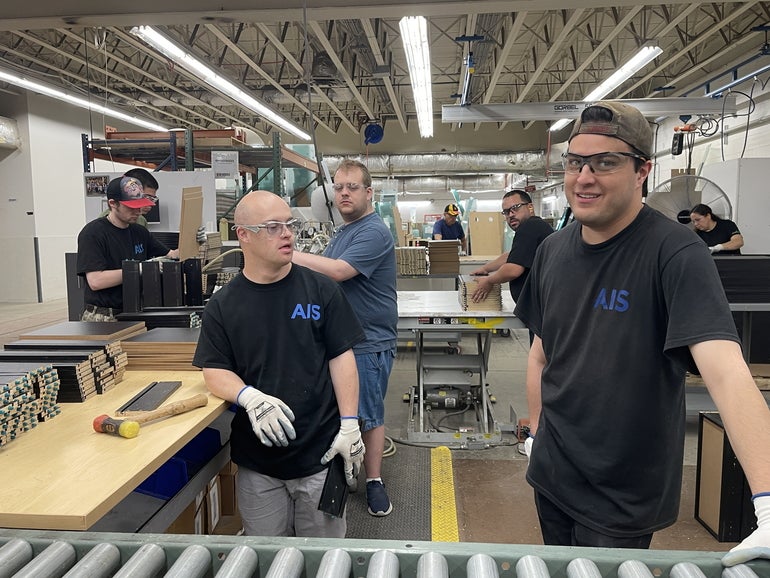A handful of Central Massachusetts companies are utilizing workforce programs to recognize and support their true capabilities.
Get Instant Access to This Article
Subscribe to Worcester Business Journal and get immediate access to all of our subscriber-only content and much more.
- Critical Central Massachusetts business news updated daily.
- Immediate access to all subscriber-only content on our website.
- Bi-weekly print or digital editions of our award-winning publication.
- Special bonus issues like the WBJ Book of Lists.
- Exclusive ticket prize draws for our in-person events.
Click here to purchase a paywall bypass link for this article.
Billy Smith said applying to jobs was horrible before he landed his position at Riverdale Mills, a welded-mesh-wire manufacturer out of Northbridge.
“Because it's just like, nobody wants to include us. So, it was hard,” said Smith. “A lot of them don't want to include special needs people.”
Workers like Smith who have cognitive or developmental disabilities often face a stigma and a false perception that they will be incapable of doing most jobs, which are the main barriers keeping companies from hiring them, said Timothy Johnson, vice president of ASPiRE!, an affiliate of Seven Hills Foundation in Worcester providing services for people with developmental disabilities, including employment support.
These neurodivergent individuals are often systematically deprived of meaningful employment promoting personal fulfillment and independence.
The labor force participation rate of individuals with disabilities in Massachusetts has been steadily rising, growing by 4.9% between 2019 and 2023, according to the Massachusetts Department of Economic Research using data compiled by the U.S. Census Bureau.
At the same time, the percentage of unemployed disabled workers in Worcester County and the commonwealth as a whole is disproportionately high compared to their non-disabled peers. In the county, those with cognitive disabilities have an unemployment rate of 13.7% compared to the non-disabled unemployment rate of 3.3%.
Worcester is the city with the second-largest percentage of disabled individuals in the state, at 17.7%. The city is surpassed only by Boston, whose population is comprised of 18.7% disabled.
To help combat the systemic disparity facing neurodivergent individuals and provide empowering work, a handful of Central Massachusetts companies are utilizing workforce programs to recognize and support their true capabilities: rejecting the idealization or infantilization of a diverse workforce to embrace inclusivity as a net positive.
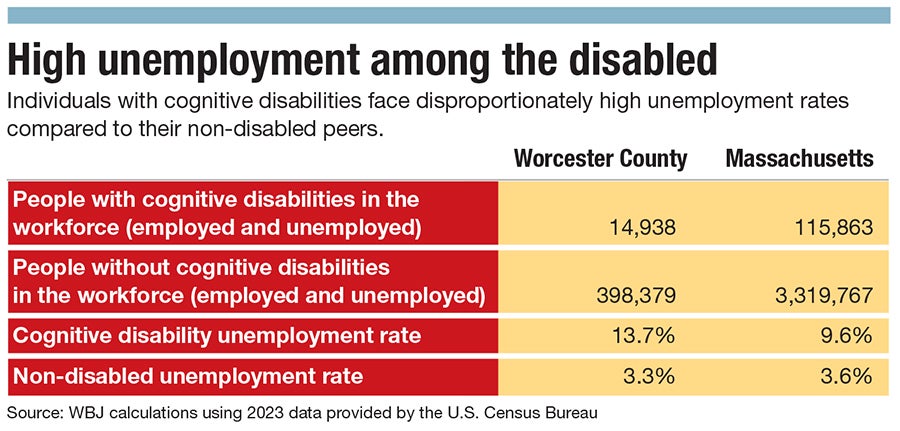
Growing demand
“Sometimes there's this sense that employing people that we serve … is more akin to a charity act,” Johnson said.
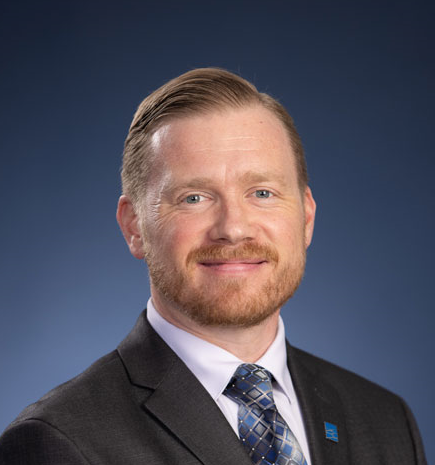
But that is not the reality, he said. That is shown through what ASPiRE! participants bring to the companies they work for. As part of its service offerings, ASPiRE! provides group-supported employment where individuals work under the supervision of an ASPiRE! job coach.
A misconception of people with disabilities is they may prove an inconvenience or even a safety hazard: common concerns that disappear once employees begin to engage in the work, Johnson said.
“What we've found consistently is once participants that we serve are able to get into these employment settings and demonstrate their skills and abilities and prove themselves, it really is a value-add to these companies,” said Johnson.
Program participants are regularly asking about more opportunities to engage in competitive employment, he said, with a number of ASPiRE!’s participants working at AIS, a Leominster-based office furniture manufacturer.
The quality of the work ASPiRE! participants produced at AIS prompted the manufacturer to create its Radiance Program, which sees AIS employ individuals with intellectual and developmental challenges through 14 regional partnerships. The company provides a staffer who offers on-the-job training to participants and their job coaches. They complete manufacturing tasks including making storage drawers, providing quality control, sorting raw materials, and deep cleaning.
Just as demand has increased for ASPiRE!, the Radiance Program has seen a stark increase in participation since its inception. In 2022, the program had between eight and 20 Radiance team members each week. That figure had grown to between 40 and 50 by 2023, and today sits between 140 and 160.
Participants average a total of 170 weekly work shifts throughout an average of approximately 500 hours worked.
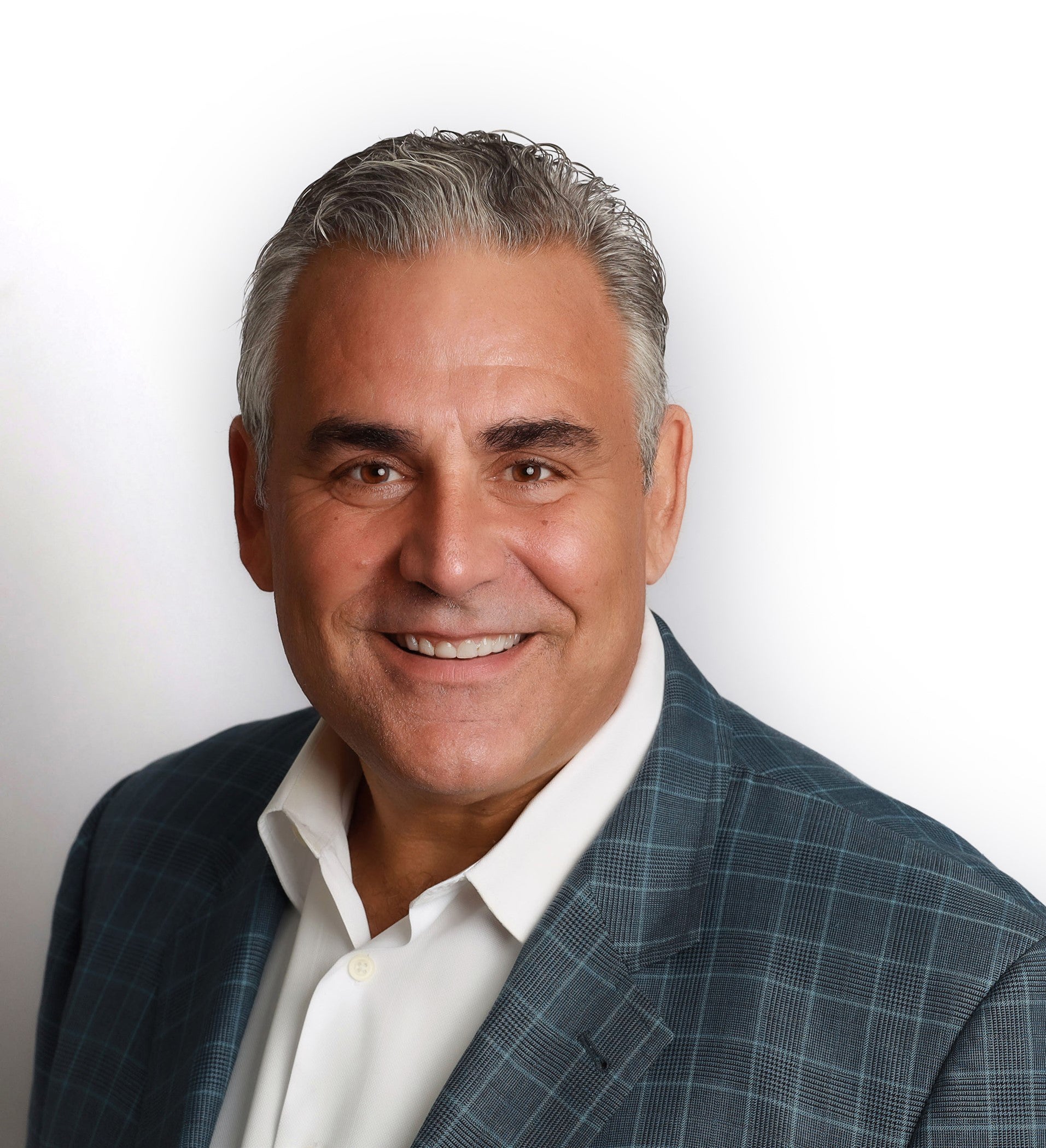
“When you go out to the factory and you watch these folks doing some of their jobs, the focus is off the chart,” said AIS CEO Nick Haritos. “They take such pride in what they do.”
The amount of productivity ranges between Radiance Program participants depending on their abilities. Some workers’ capabilities mean they take on more basic, light tasks, said Haritos. At the same time, their presence and work is not a distraction or deterrent.
On the other hand, there are Radiance Program workers whose work greatly adds to AIS’ production.
In fact, 25% of the drawers in AIS furniture have been put together by employees through the ASPiRE! program, with a 0% rejection rate, said Johnson.
“There's the need for a high attention to detail. It's very focused. It's repetitive work, and we have folks that really excel and prefer that kind of work,” he said. “These are very valuable members of the team. They're providing a valuable service, and they're doing it correctly, and they're doing it well.”
Real-life impacts
Billy Smith and Marc Cardoza came to work at Riverdale Mills in August 2023 through a program similar to ASPiRE!, provided by the Worcester nonprofit Open Sky Community Services. They interviewed for their roles like any other employee, and once hired, worked alongside an Open Sky employee for several months before transitioning to working directly under a Riverdale Mills manager.
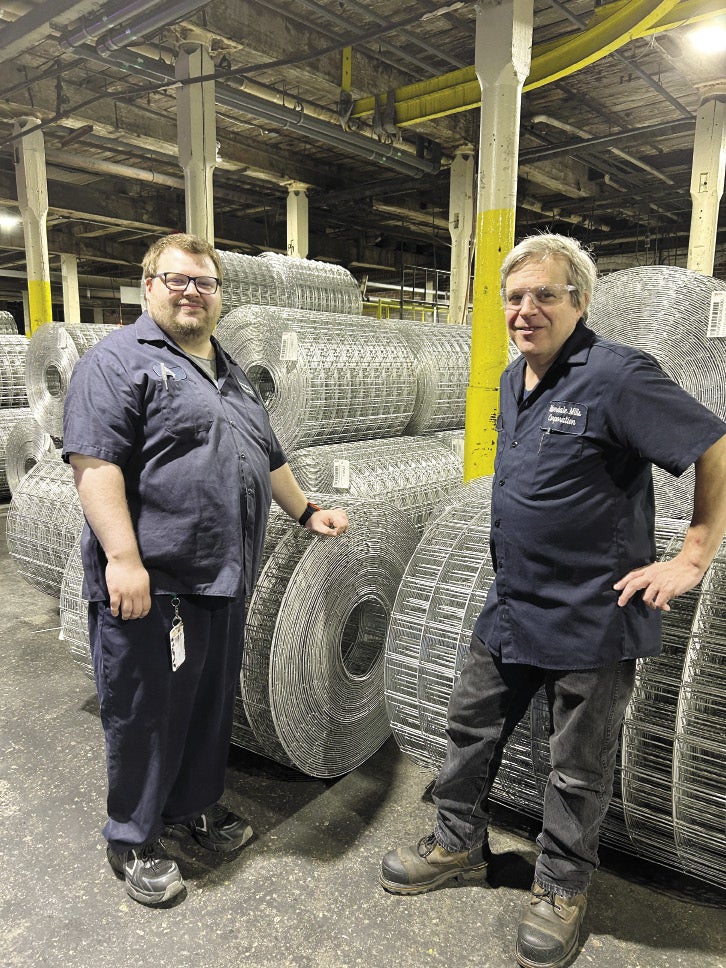
Smith and Cardoza were first hired to sort hog rings used in lobster traps into exactly five-pound buckets. Riverdale Mills produces the wire mesh used in 60% of the lobster traps in North America.
Smith and Cardoza demonstrated their capabilities and have since taken on more responsibilities. Today, they work with powder coating, keep first-aid kits stocked, and pick up scrap metal, among other roles, said Cardoza.
The process in which Riverdale has gone about training Smith and Cardoza has made all the difference for Smith.
“If we did it wrong, they'll say, ‘It's okay, it's okay. Everybody makes mistakes. You’re human.’ That's what made us excited to do it. They didn't look at us like we’re special needs. They looked at us like a human being,” he said.
Cardoza said Riverdale Mills understands he works well with straightforward instructions instead of being given three or four directions at a time.
“This is way different. I mean, I love it. Like I said, I love people who help me,” said Cardoza.
Sometimes work can get overwhelming. When it does, Cardoza said he takes a minute to step outside, take a breather, and then returns to work. At the end of the day, Cardoza goes home feeling good knowing he’s done excellent work.
“I feel relieved because I have this job,” he said.
“Now I feel like I'm part of society. Because I pay taxes, I pay bills, it feels nice,” said Smith.
Johnson works with families who have resigned themselves to the fact that their loved ones will never have a job in the community, and programs like Open Sky’s and Seven Hills’ give individuals the opportunity for meaningful work.
“It can be life changing for a lot of people,” said Johnson.
Mica Kanner-Mascolo is a staff writer at Worcester Business Journal, who primarily covers the healthcare and diversity, equity, and inclusion industries.
